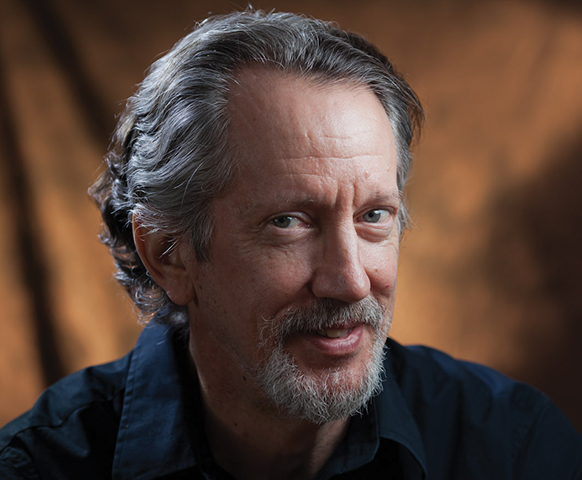
Image caption:
Dale Keiger
Editor
Lawrence Weschler does not accept the divide between science and the humanities.
Weschler is a former staff writer for The New Yorker and the author of 16 books. I have known him for about 15 years and recently interviewed him for my story on alumnus, film editor, sound designer, and omnivorous polymath Walter Murch that appears in this issue. Weschler believes the contemporary disciplinary cartography that puts physics, biology, and chemistry in one academic hemisphere and arts and letters in the other is specious. In his universe, the sciences are part of the humanities.
I have no strong opinions about this, especially in regard to how an academic institution like Johns Hopkins organizes itself. But I do have a strong belief that's congruent: Science without storytelling is just data. Furthermore, I believe there is no knowledge without story, because knowledge is information organized through stories. Human minds know something only after they've made a story out of it. Whether you believe in creationism or Big Bang cosmology, you are making sense of an inscrutable universe through a story. A breakthrough paper in Nature or Science may be awfully dry compared to Charles Dickens or Jane Austen, but it's still a story, created by a team of scientists to derive meaning from the data they have so scrupulously collected.
Language reveals convergence—great writers praise the precision and rigor and structural integrity of the best writing, while scientists praise the elegance and beauty of the best scientific theories. Weschler is fond of a wry statement by Vladimir Nabokov: "The true master needs the precision of a poet and the imagination of a scientist."
No argument from me.

Dale Keiger
Editor
Give us your feedback by sending a letter to the editor via email to jhmagazine@jhu.edu. (We reserve the right to edit letters for length, style, clarity, and civility.)







